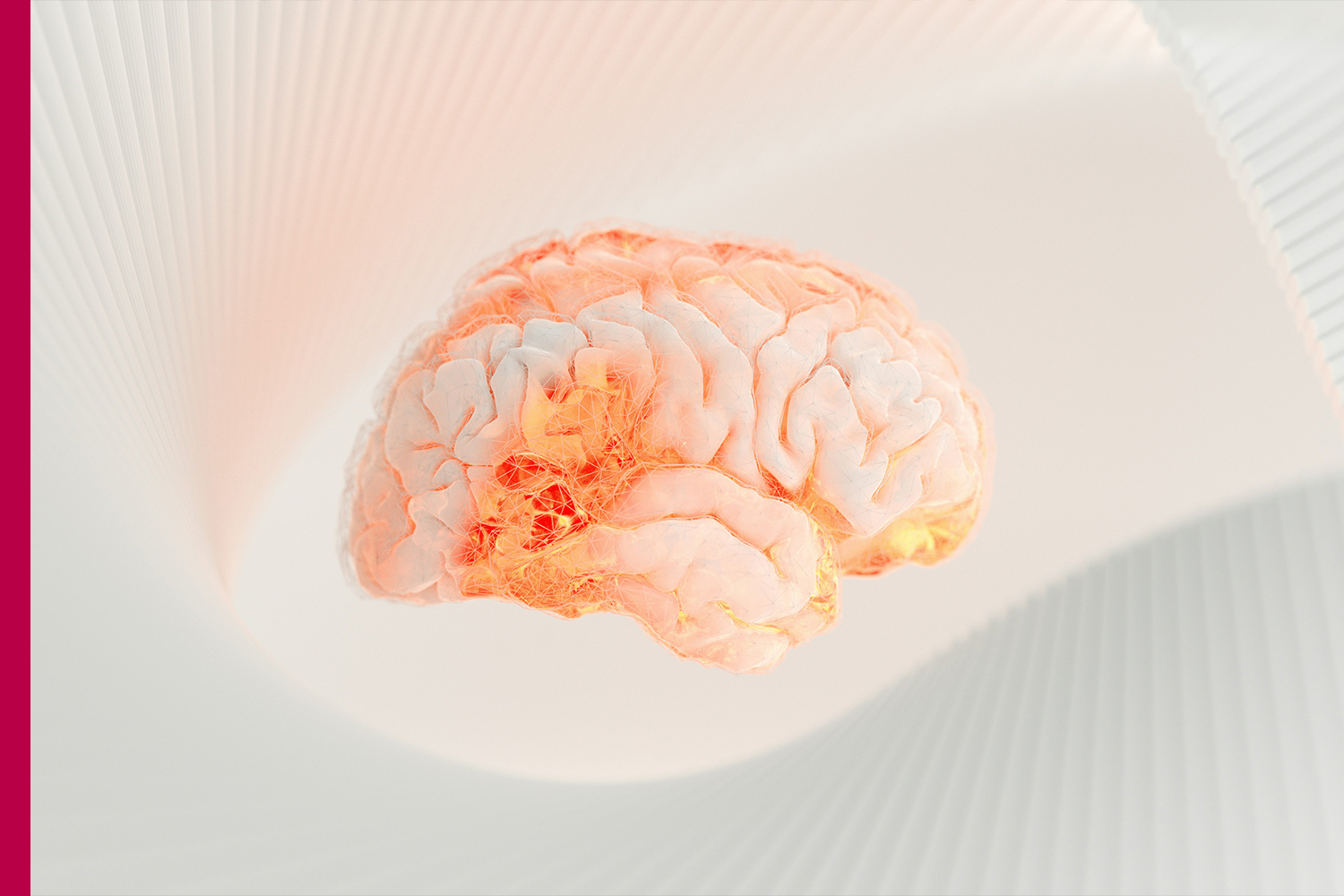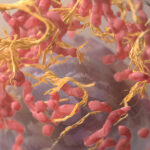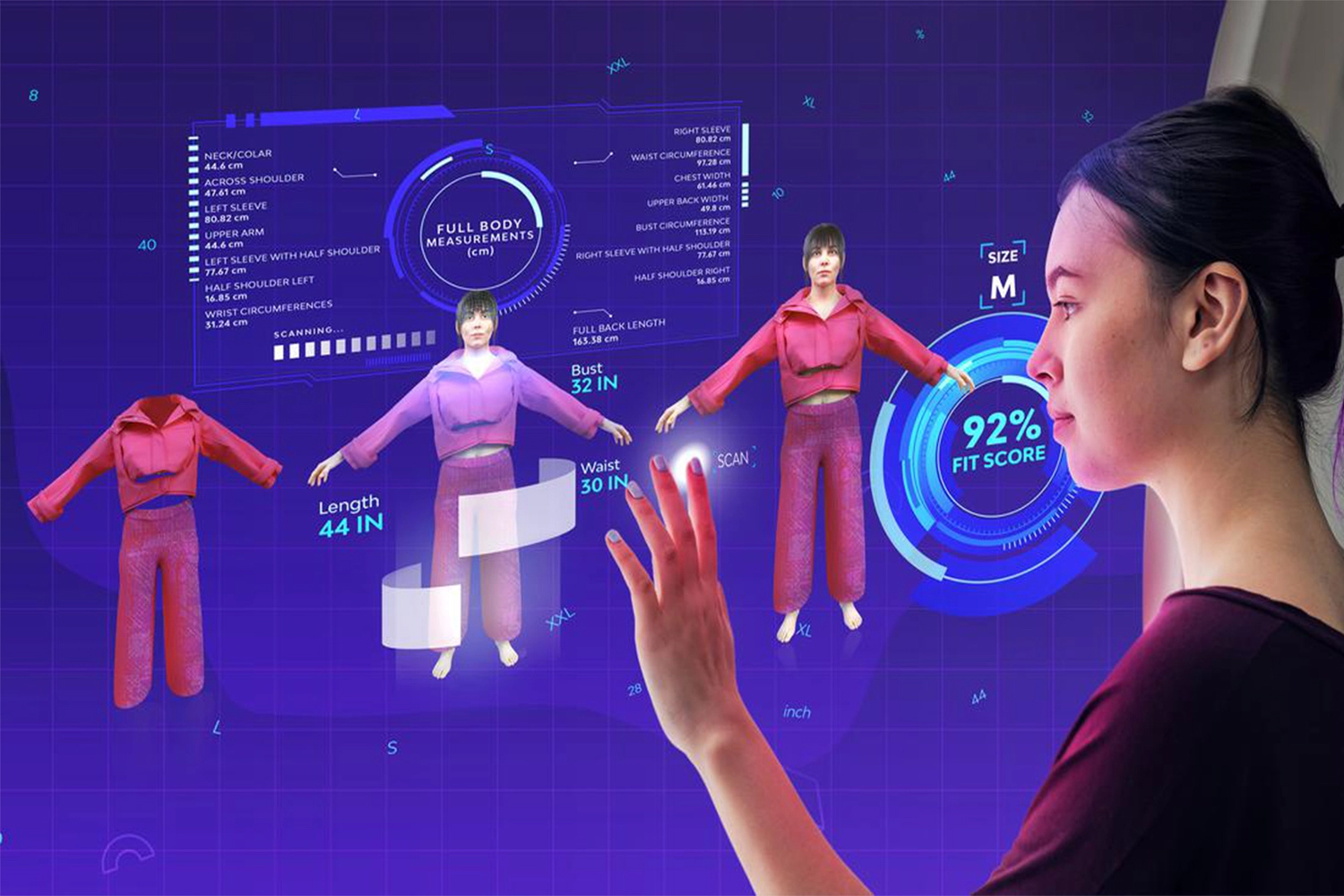The life sciences—fields like biology, genetics, medicine, and biotechnology are dedicated to understanding and improving life itself. Yet the sheer complexity of living systems means researchers are often faced with overwhelming amounts of data. From the billions of letters in the human genome to high-resolution medical images, the challenge lies not only in collecting data but in making sense of it. This is where artificial intelligence (AI) has emerged as a game-changer. By harnessing the power of machine learning, deep learning, and data analytics, AI is transforming how scientists study biology, diagnose disease, and design new treatments. Far from being a futuristic concept, AI in life sciences is already making tangible impacts today.
What Is AI in Life Sciences?
AI in life sciences refers to the application of algorithms and computational models that can analyse complex biological and medical data. Unlike traditional computing methods that rely on explicit instructions, AI systems learn patterns and make predictions from large datasets. This capability is especially useful in life sciences, where biological systems are intricate and interconnected. From predicting protein structures to accelerating drug discovery, AI offers insights that were once thought impossible.
Key Applications of AI in Life Sciences
Drug Discovery and Development
Developing a new drug traditionally takes over a decade and billions of dollars. AI is helping streamline this process.
Molecule screening: AI can predict which chemical compounds are most likely to become effective drugs, reducing the need for costly trial-and-error experiments.
Protein structure prediction: Tools like Deep Mind’s Alpha Fold have revolutionized biology by predicting 3D protein structures with unprecedented accuracy. This knowledge accelerates the design of drugs that can bind precisely to target proteins.
Clinical trials: AI models can identify suitable participants and predict trial outcomes, making trials more efficient and reducing costs.
Genomics and Personalized Medicine
The human genome contains over 3 billion DNA bases, and understanding this code is essential for treating genetic disorders. AI enables researchers to process vast genomic datasets quickly and identify mutations linked to disease. Precision medicine: AI helps tailor treatments based on an individual’s genetic profile, ensuring more effective therapies. Cancer genomics: Machine learning can detect subtle patterns in tumour DNA, helping doctors predict which treatments will work best.
Medical Imaging and Diagnostics
AI has proven particularly powerful in analysing images an essential part of modern medicine.
Radiology: AI systems can detect tumours, fractures, or lung infections in X-rays and MRIs with accuracy comparable to human experts. Pathology: Digital pathology slides analysed by AI can reveal signs of cancer or other diseases faster than traditional methods. Point-of-care diagnostics: AI-driven mobile apps and devices allow faster, more accurate diagnoses in remote or underserved regions.
Drug Repurposing
AI is being used to identify existing drugs that could be repurposed to treat new diseases. This was especially relevant during the COVID-19 pandemic, where AI helped screen libraries of drugs for potential antiviral effects.
Epidemiology and Public Health
AI can process large-scale health data to track disease outbreaks, predict infection trends, and guide policy decisions. During the COVID-19 pandemic, AI was used to model infection spread and evaluate the effectiveness of interventions.
Biotechnology and Agriculture
AI applications go beyond human health into plant and animal sciences. Predicting crop yields and detecting plant diseases through image recognition. Analysing livestock health data for early disease detection. Optimizing biofuel production through AI-driven metabolic modelling.
Benefits of AI in Life Sciences
Speed and Efficiency: AI reduces the time required for tasks such as drug discovery or diagnostic analysis. Cost Reduction: By identifying promising research directions early, AI minimizes wasted resources. Accuracy and Precision: AI systems can detect patterns invisible to the human eye, improving diagnosis and treatment. Scalability: AI can handle massive datasets, from global health records to genomic databases.
Challenges and Limitations
Despite its promise, AI in life sciences faces significant hurdles: Data Quality and Bias: AI is only as good as the data it learns from. Incomplete or biased datasets can lead to flawed predictions. Ethical Concerns: Questions arise about data privacy, particularly with sensitive genetic or medical information. Interpretability: Many AI models function as “black boxes,” making it difficult for scientists and doctors to understand how decisions are made. Integration into Healthcare: Adoption of AI tools in hospitals and clinics requires regulatory approval, training, and trust from medical professionals.
The Future of AI in Life Science
The future looks promising as AI technologies continue to advance: AI-driven drug design could cut development times from years to months. Wearable health devices powered by AI will provide continuous health monitoring and early disease detection. Digital twin’s virtual models of patients may allow doctors to simulate how a treatment will work before applying it in real life. AI in neuroscience could unlock mysteries of the brain, offering new treatments for mental health and neurodegenerative diseases. Ultimately, AI will not replace scientists or doctors but will act as a powerful partner, enhancing human capabilities and enabling breakthroughs that were once beyond reach.
Conclusion
Artificial intelligence is transforming the life sciences, offering new ways to understand biology, diagnose disease, and develop treatments faster and more effectively. From decoding the human genome to designing personalized therapies, AI is bridging the gap between vast biological complexity and actionable insights. As technology advances, responsible use of AI combined with ethical safeguards and equitable access can help ensure that these innovations benefit people worldwide. The integration of AI into life sciences marks not just a technological revolution, but a profound step forward in humanity’s quest to improve health and quality of life.












